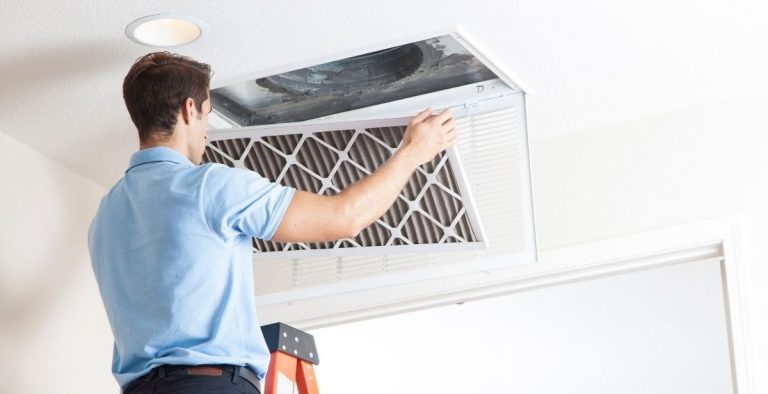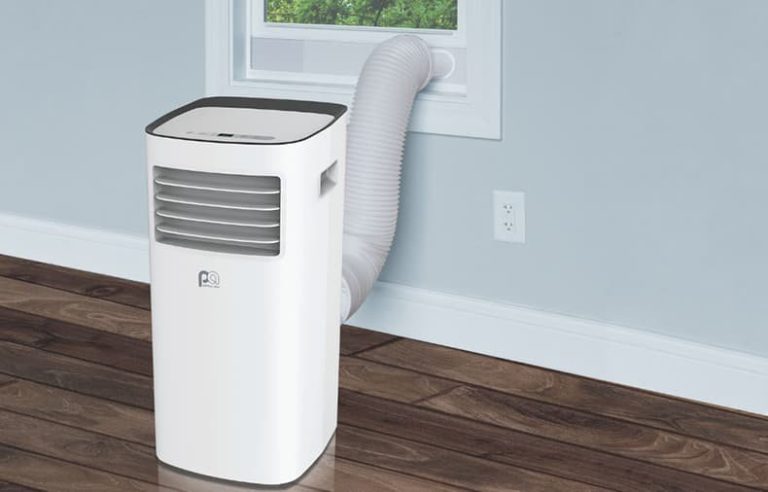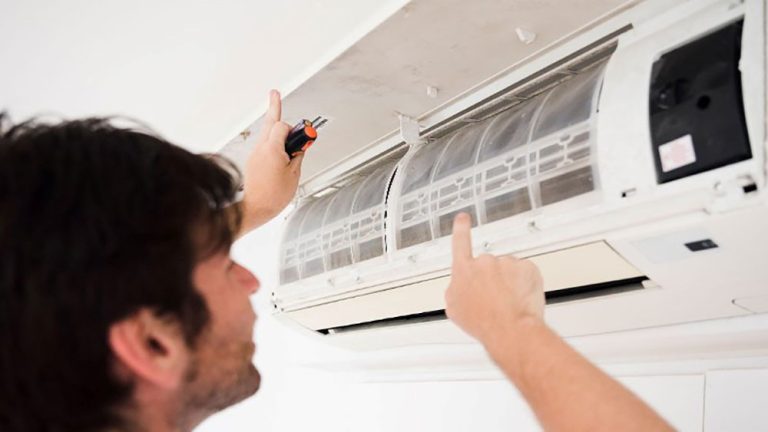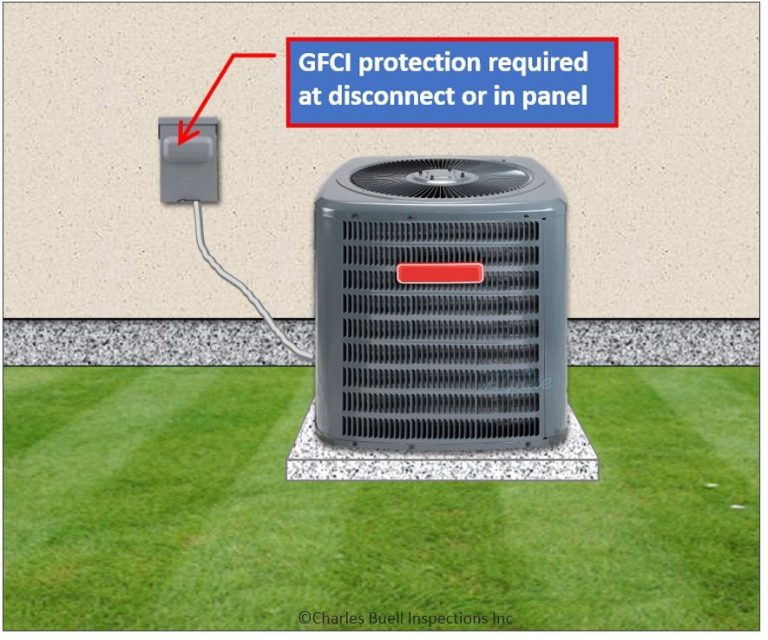Can Inverter Run Air Conditioner? Discover How Inverters Power Your Cooling Needs
Yes, an inverter can run an air conditioner. Inverters are devices that convert DC power into AC power, and they are commonly used to power household appliances, including air conditioners. However, it is important to ensure that the inverter has sufficient capacity to handle the power requirements of the air conditioner.
Imagine being able to cool your home efficiently and effectively, all while significantly reducing your energy consumption and saving on your electricity bills. Sounds too good to be true, right? Well, prepare to be pleasantly surprised.
There is a solution that can make this dream a reality – the power inverter. Yes, you heard it right.
With the right set-up, an inverter can run your air conditioner, providing you with a comfortable home while keeping your energy usage in check. For homeowners and individuals interested in energy-efficient solutions for cooling their homes, understanding the compatibility and capabilities of inverters to power air conditioners is crucial. By tapping into the power of inverters, you can enjoy the benefits of a cool and comfortable living space, without the guilt of excessive energy consumption.
But before we dive into the details, let’s first explore what exactly an inverter is and how it works its magic. Once we understand the fundamentals, we can better grasp how inverters can be harnessed to power air conditioners efficiently and effectively. So, let’s delve into the world of inverters and discover the potential they hold for cooling your home while keeping your electricity bill in check.
What is an Inverter?
An inverter is a device that converts direct current (DC) power into alternating current (AC) power. It plays a crucial role in various applications, including powering electronic devices, appliances, and even entire homes. In essence, an inverter enables the use of AC power from batteries or other DC sources.
How Does an Inverter Work?
At its core, an inverter relies on electronic circuits to convert DC power into AC power. It uses a series of switches to rapidly switch the polarity of the DC voltage, creating an alternating current waveform. This waveform is then modified to produce a clean and stable AC output that can power various devices and appliances.
Understanding the Different Types of Inverters
Before we delve into the specifics of using an inverter to power an air conditioner, it’s important to understand the different types of inverters available.
1. Stand-Alone Inverters
Stand-alone inverters are designed for off-grid or standalone power systems. They typically convert DC power from batteries or solar panels into AC power that can be used to run appliances and devices. Stand-alone inverters are commonly used in remote locations where access to the utility grid is limited or nonexistent.
2. Grid-Tie Inverters
Grid-tie inverters, as the name suggests, are designed to work in conjunction with the utility grid. They convert DC power from renewable energy sources, such as solar panels or wind turbines, into AC power that can be fed back into the grid. Grid-tie inverters allow homeowners to offset their electricity consumption by generating clean energy.
3. Hybrid Inverters
Hybrid inverters combine the functionality of stand-alone inverters and grid-tie inverters. They can operate both off-grid and on-grid, allowing homeowners to switch between independent power generation and grid connection as needed. Hybrid inverters are an excellent choice for homeowners who want the flexibility of both options.
Can an Inverter Run an Air Conditioner?
Now that we have a basic understanding of inverters, let’s address the main question at hand – can an inverter run an air conditioner?
Traditional Air Conditioners vs. Inverter Air Conditioners
Before we jump into the specifics of using an inverter to power an air conditioner, it’s important to differentiate between traditional air conditioners and inverter air conditioners.
Traditional air conditioners work on a simple principle – they switch the compressor on and off to regulate the temperature. When the desired temperature is reached, the compressor turns off, and when the temperature rises again, the compressor turns back on. This on-off operation consumes a significant amount of power, resulting in higher energy bills.
Inverter air conditioners, on the other hand, use variable speed compressors that continuously adjust their speed to maintain the desired temperature. This continuous operation allows inverter air conditioners to use less energy compared to traditional air conditioners. They can also cool a room quickly and offer better temperature control.
The Role of an Inverter in Running an Air Conditioner
An inverter can indeed run an air conditioner, but it requires a specific type of air conditioner – an inverter air conditioner. By combining an inverter with an inverter air conditioner, you can achieve greater energy efficiency and reduce your electricity consumption.
The inverter in an air conditioner works by controlling the speed of the compressor motor. Instead of turning the compressor on and off like a traditional air conditioner, the inverter air conditioner adjusts the compressor speed to match the cooling demand. This results in a more stable and efficient cooling process.
When the desired temperature is reached, the inverter air conditioner reduces the speed of the compressor, consuming less power. On the other hand, when the temperature rises, the inverter air conditioner increases the compressor speed to provide more cooling. This continuous adjustment eliminates frequent start-ups and shutdowns, leading to energy savings.
The Benefits of Using an Inverter Air Conditioner
Now that we know an inverter can run an air conditioner, let’s explore the benefits of using an inverter air conditioner:
1. Energy Efficiency
Inverter air conditioners are significantly more energy-efficient than traditional air conditioners. The continuous adjustment of the compressor speed allows them to operate at lower power levels when cooling demand is low, resulting in reduced energy consumption and lower electricity bills.
2. Cost Savings
Due to their energy-efficient operation, inverter air conditioners can help you save money on your electricity bills. While the upfront cost of an inverter air conditioner may be slightly higher than that of a traditional air conditioner, the long-term savings in energy costs make them a cost-effective choice.
3. Improved Comfort
Inverter air conditioners offer better temperature control and maintain a more stable indoor environment. The continuous adjustment of the compressor speed ensures that the desired temperature is consistently maintained, providing optimal comfort.
4. Quiet Operation
Inverter air conditioners operate at lower noise levels compared to traditional air conditioners. The variable speed compressor reduces noise during operation, resulting in a quieter cooling experience.
5. Environmentally Friendly
By consuming less energy, inverter air conditioners contribute to reducing greenhouse gas emissions and help combat climate change. Their energy-efficient operation makes them a more environmentally friendly cooling solution.
Choosing the Right Inverter Air Conditioner
When selecting an inverter air conditioner, there are a few factors to consider:
1. Cooling Capacity
Ensure that the cooling capacity of the inverter air conditioner matches the size of the room or area you intend to cool. An undersized unit may struggle to cool the space effectively, while an oversized unit may consume more energy than necessary.
2. Energy Efficiency Rating
Look for inverter air conditioners with high energy efficiency ratings. These ratings indicate the energy efficiency and performance of the unit. Opting for a higher-rated unit can lead to greater energy savings.
3. Brand and Reliability
Choose a reputable brand known for producing reliable and high-quality inverter air conditioners. Reading customer reviews and checking warranties can help you make an informed decision.
4. Installation and Maintenance
Consider the ease of installation and maintenance of the inverter air conditioner. Some units may require professional installation, while others may offer user-friendly features for easy maintenance.
Inverter Air Conditioners and Power Requirements
It’s important to note that inverter air conditioners still require a stable and sufficient power supply to operate effectively. Voltage fluctuations or power surges can impact the performance of the inverter air conditioner.
Additionally, the electrical wiring and circuitry in your home should be capable of handling the power requirements of the inverter air conditioner. It’s recommended to consult with a qualified electrician to ensure that your electrical system is compatible with the inverter air conditioner.
Inverter Air Conditioners and Solar Power
If you have a solar power system installed, you can further enhance the energy efficiency of your inverter air conditioner. By harnessing clean solar energy to power your air conditioner, you can reduce your reliance on the grid and lower your carbon footprint.
However, it’s essential to size your solar power system appropriately to ensure it can handle the additional power demand of the inverter air conditioner. A professional solar installer can assess your energy needs and design a system that meets your requirements.
In conclusion, an inverter can indeed run an air conditioner, specifically an inverter air conditioner. By harnessing the power of an inverter, you can enjoy the benefits of an energy-efficient cooling solution that provides optimal comfort while saving on electricity bills. Inverter air conditioners offer improved temperature control, energy efficiency, cost savings, and a more environmentally friendly cooling alternative. When choosing an inverter air conditioner, consider factors such as cooling capacity, energy efficiency rating, brand reliability, and installation requirements. Additionally, ensure that your electrical system can handle the power requirements and consult with a professional if needed. With an inverter air conditioner, you can keep your home cool while reducing your energy consumption.
Portable Air Conditioners – Why you shouldn't like them
Frequently Asked Questions (FAQ)
Can an inverter run an air conditioner?
What size inverter do I need to run an air conditioner?
Can any inverter be used to run an air conditioner?
Will running an air conditioner on an inverter consume more battery power?
Can I run multiple air conditioners on one inverter?
Final Words: The Benefits and Considerations of Inverter Air Conditioners
In conclusion, an inverter can indeed run an air conditioner, specifically an inverter air conditioner. By harnessing the power of an inverter, you can enjoy the benefits of an energy-efficient cooling solution that provides optimal comfort while saving on electricity bills.
Inverter air conditioners offer improved temperature control, energy efficiency, cost savings, and a more environmentally friendly cooling alternative. When choosing an inverter air conditioner, consider factors such as cooling capacity, energy efficiency rating, brand reliability, and installation requirements.
Additionally, ensure that your electrical system can handle the power requirements and consult with a professional if needed. With an inverter air conditioner, you can keep your home cool while reducing your energy consumption. It is important to note that inverter air conditioners still require a stable and sufficient power supply to operate effectively.
Voltage fluctuations or power surges can impact the performance of the inverter air conditioner. The electrical wiring and circuitry in your home should also be capable of handling the power requirements of the inverter air conditioner. If you have a solar power system installed, you can further enhance the energy efficiency of your inverter air conditioner by using clean solar energy.






